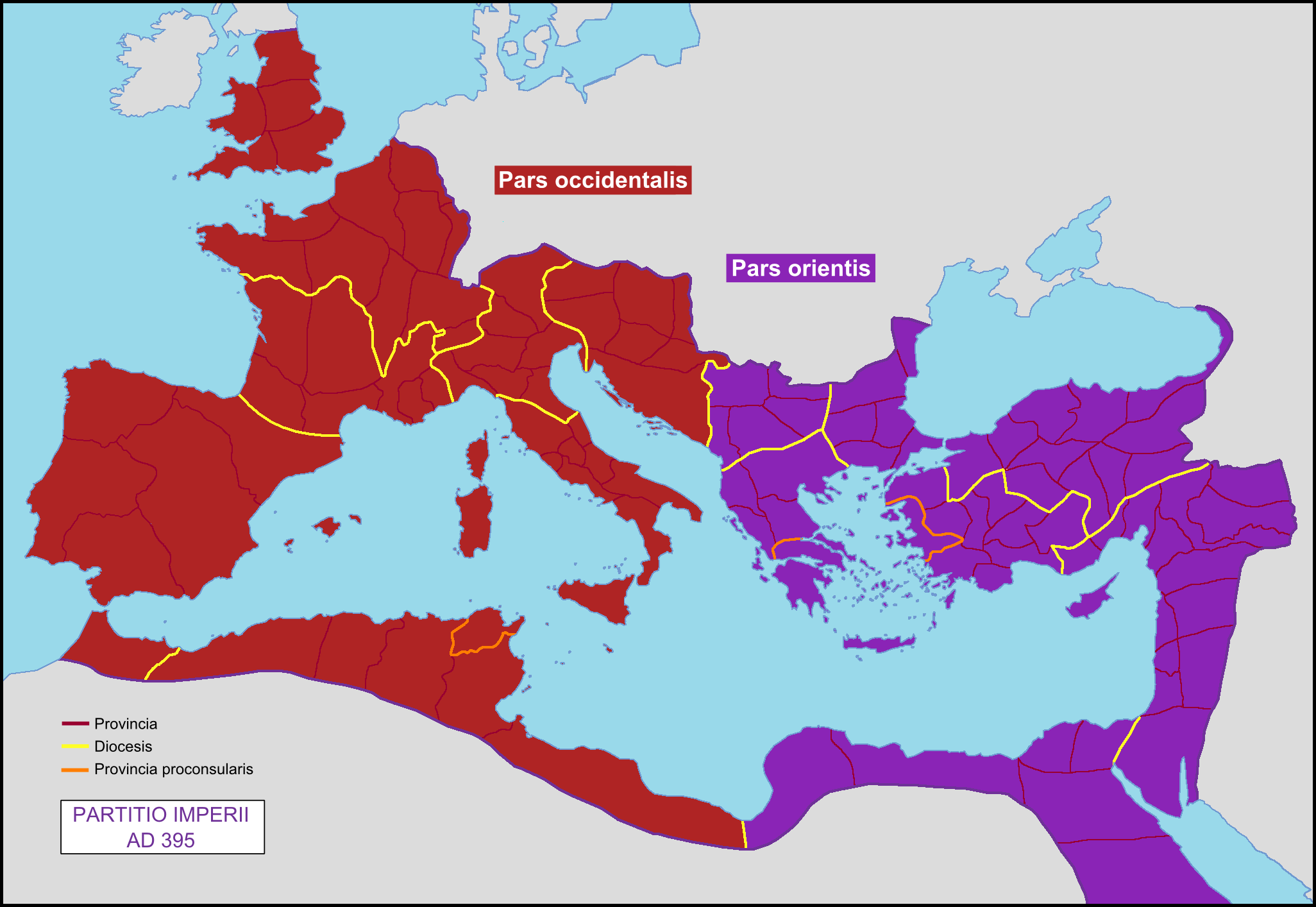The Byzantine Empire
The fall of the Western Roman Empire in 476 AD left Byzantium as the heir to the ancient Roman Empire for almost one thousand years.
The Byzantium empire withstood the Germanic invasions and developed a brilliant civilization until its fall in 1453 when the Ottomans conquered its capital Constantinople .
During the 6th century the Byzantine Empire achieved its maximal extension . Its more powerful emperor, Justinian, conquered Italy, the Southeast of Spain controlled by Visigoths and northern Africa . Byzantium dominated the Mediterranean Sea like the former Roman Empire.
However the pressure of Lombards in Italy, Visigoths in Spain and Muslims in Asia reduced the Byzantium Empire to the Anatolian peninsula.
One example of the importance , power and wealth of Byzantium was its art specially the awesome church of Hagia Sophia.
During its history there were important changes into the Empire:
Greek replaced Latin as the official language
Byzantine church broke with Rome ( Catholic Church ) and create Orthodox Church which expanded by the East of Europe.
TRUE OR FALSE
Retroalimentación
Falso
Constantine the Great created Constantinople
Retroalimentación
Falso
Ottomans conquered Constantinople in 1453
Retroalimentación
Falso
Justinian conquered the Southeast of the Iberian Peninsula
Retroalimentación
Verdadero
Retroalimentación
Falso
Constantinople broke with Rome because of religious problems
Retroalimentación
Verdadero
Fill in the blanks
Read the text and fill in the blanks
Complete
Read and complete
